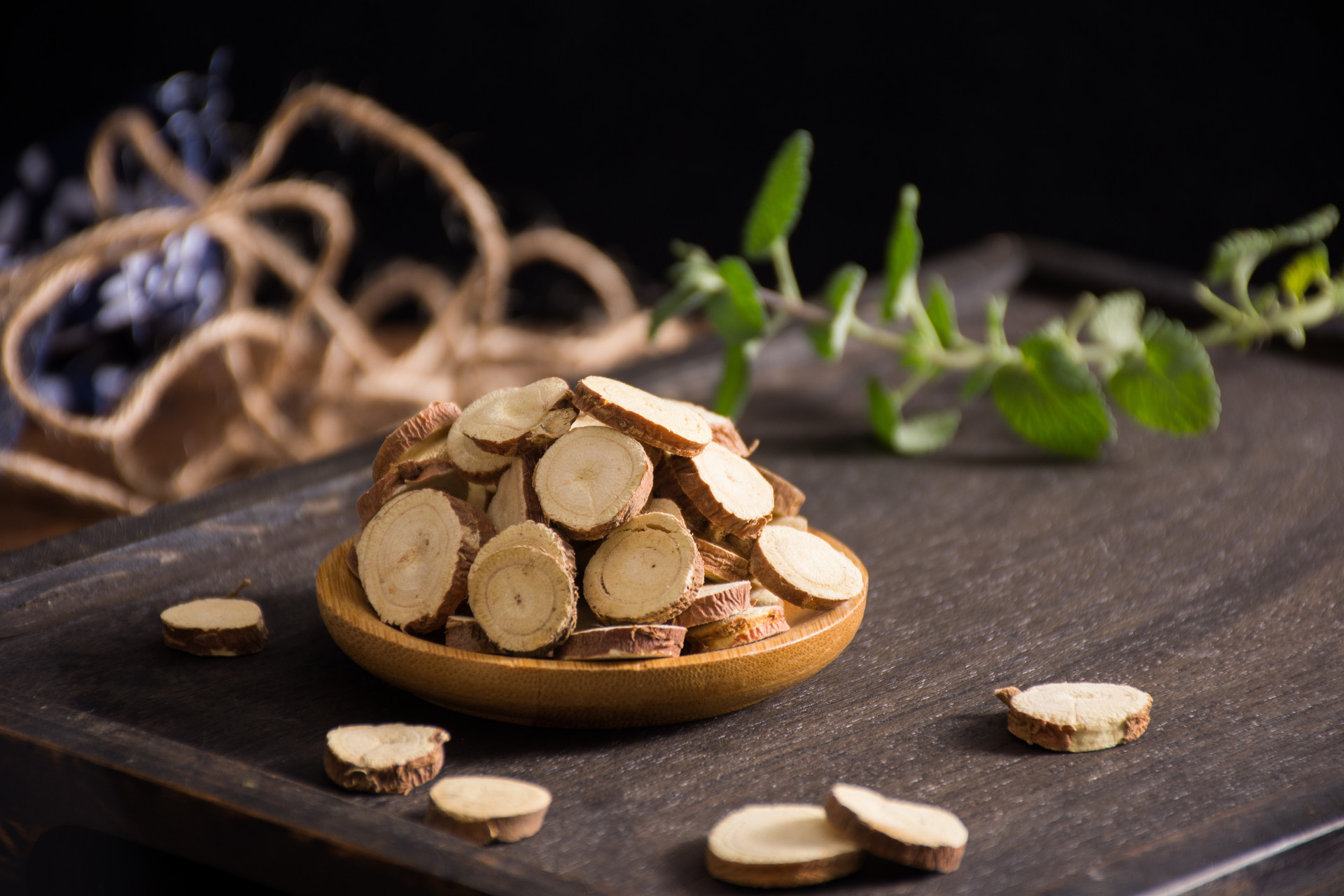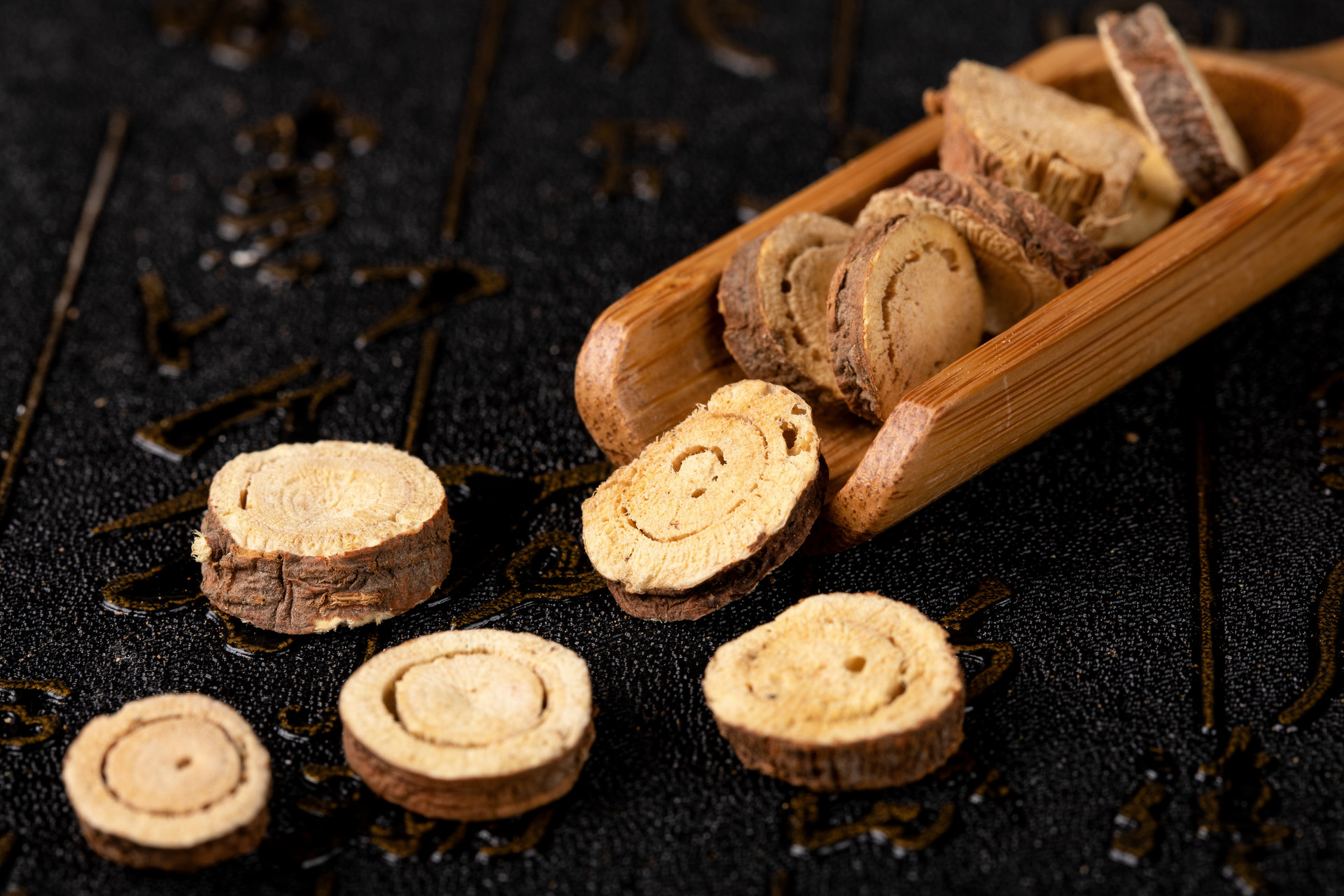Although many foods in daily diet have good nutritional benefits, there are also some things to consider when eating, such as mealtime and food choices. Dinner is the last meal of the day, and we often say that dinner should be eaten well. Eating poorly or in the wrong way for dinner can potentially harm the digestive system. So what foods should not be eaten at night?
Sticky and hard foods
The digestive system needs to rest and digest in a gentle environment at night. Therefore, it is best not to eat foods that are difficult to digest, such as glutinous rice balls, glutinous rice flour, rice cakes, as well as dry and hard foods like fried or deep-fried foods with little moisture. These types of foods will directly affect the digestive system, causing digestive activity to become hyperactive and easily leading to acute and chronic gastritis and other diseases.
Spicy foods
Many people love to eat spicy foods. Eating excessively spicy foods at night, such as consuming a large amount of chili peppers, garlic, or ginger, can irritate the digestive system, causing a burning sensation in the stomach and leading to gastroesophageal reflux or problems like constipation, dry stools, and indigestion. It can also affect sleep.
Gas-producing foods
Eating too many foods that produce excessive gas during the digestion process at night, such as beans, cabbage, broccoli, green peppers, eggplants, potatoes, taro, corn, bread, beverages with sweeteners, and desserts, can cause bloating and hinder normal sleep.
Leftovers
Some people have the habit of leaving the leftovers from the day to eat at night when they feel hungry. However, these leftovers can easily become contaminated by bacteria after being left out for a day, especially in hot weather. Foods with high protein content are more prone to spoilage and can cause illness if consumed.
Greasy foods
Greasy foods include not only fried foods but also foods with high fat and cholesterol. Eating these foods can increase the burden on the digestive system, liver, gallbladder, and pancreas. It can also stimulate the central nervous system, affecting the quality of sleep. People with conditions like hypertension, hyperlipidemia, and hyperglycemia should pay particular attention to avoiding these foods.
Alcoholic beverages
Drinking alcohol or consuming beverages containing alcohol at night can cause harmful substances to accumulate in the body, weaken the immune system, damage the retina, and significantly worsen snoring and sleep apnea syndrome, causing harm to overall health.










